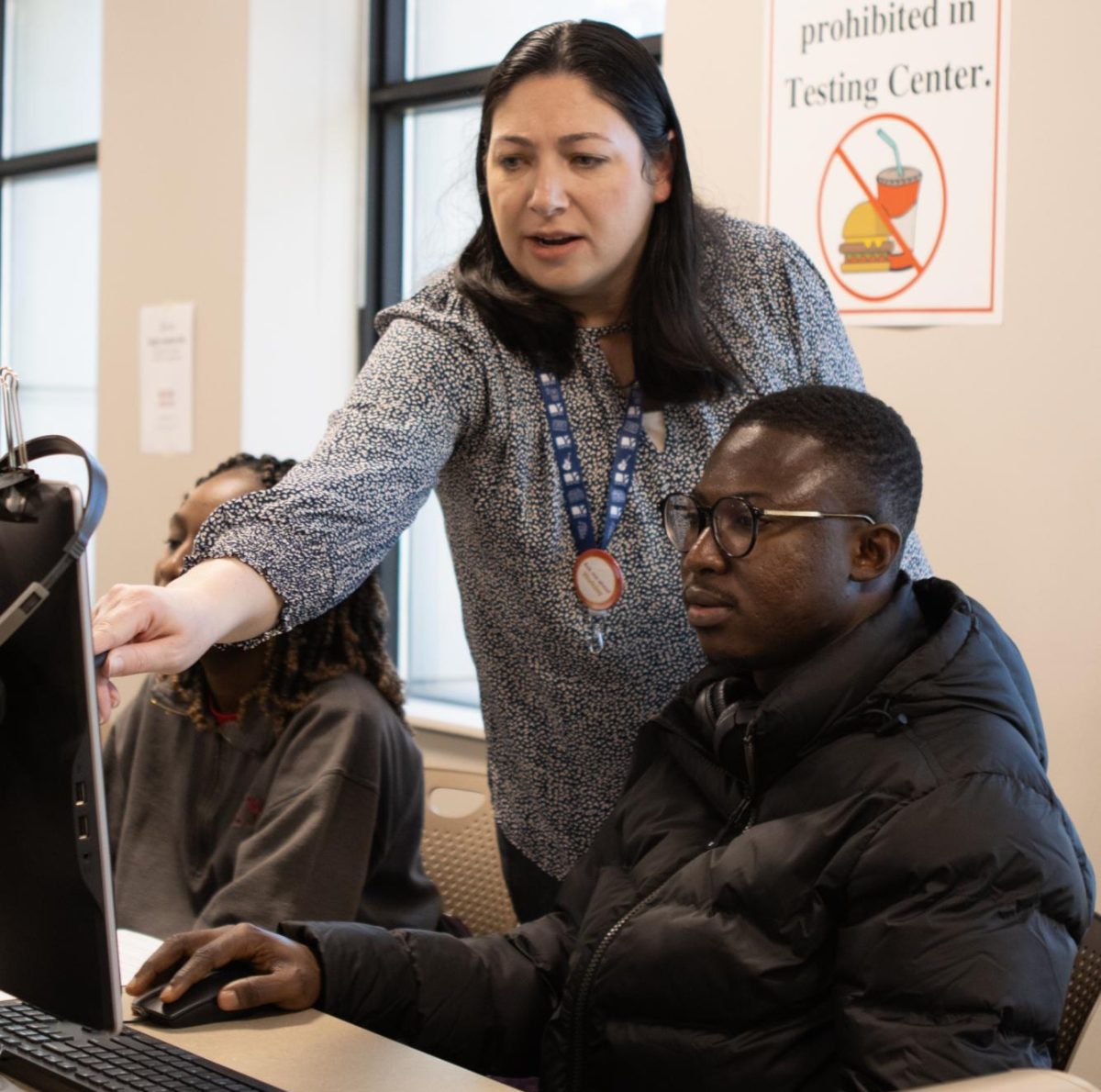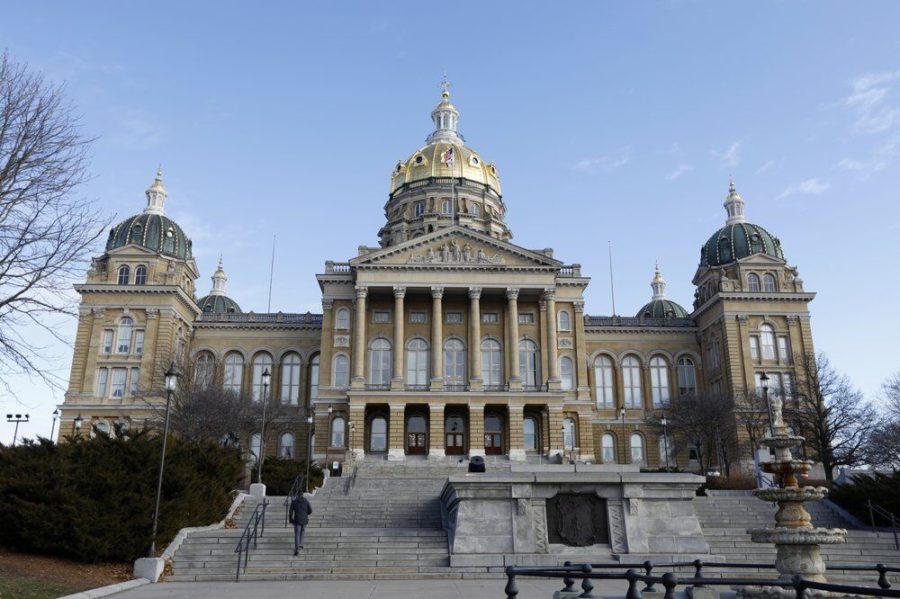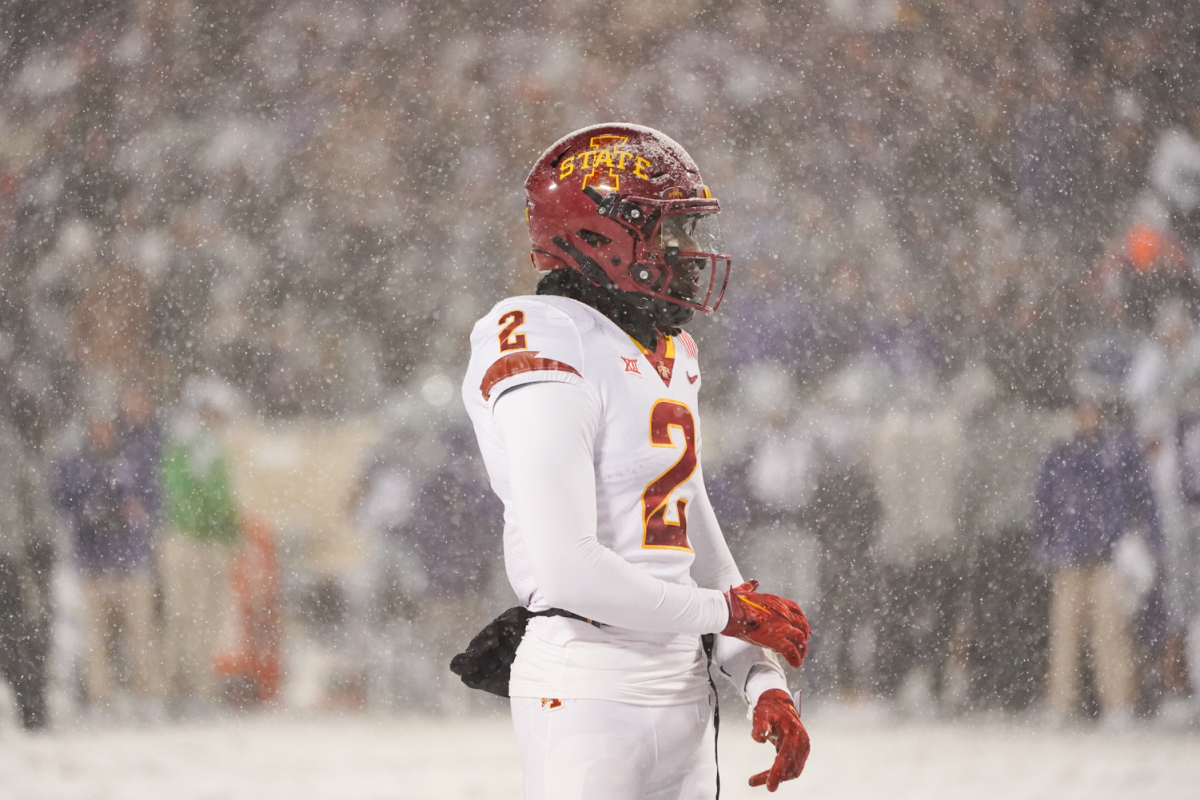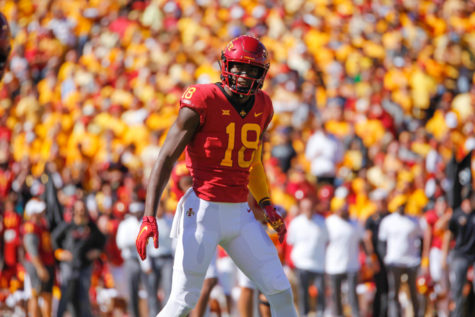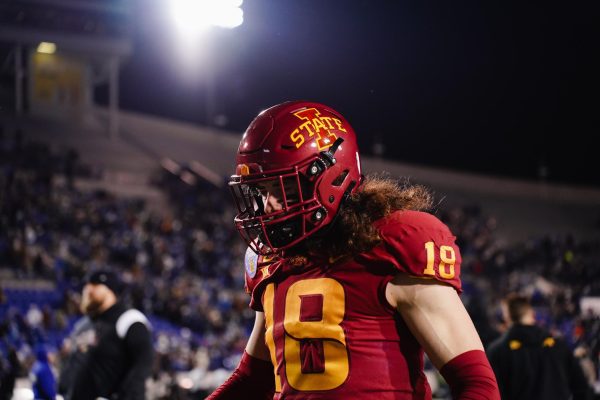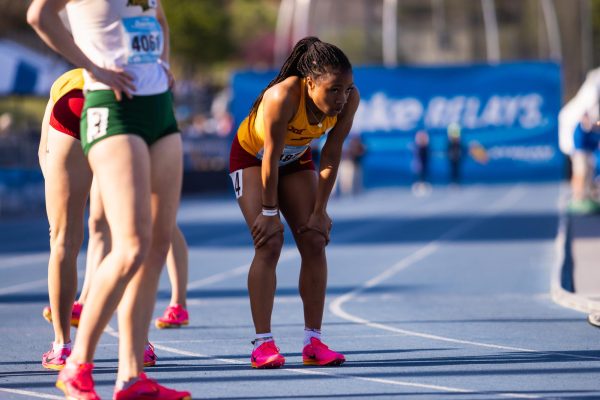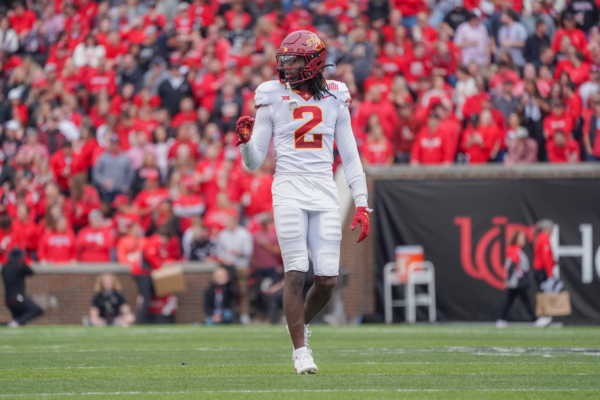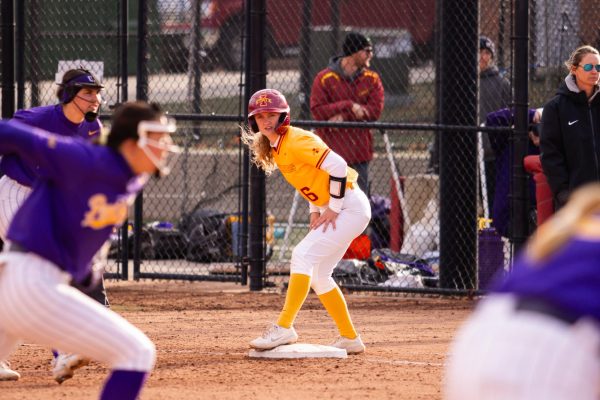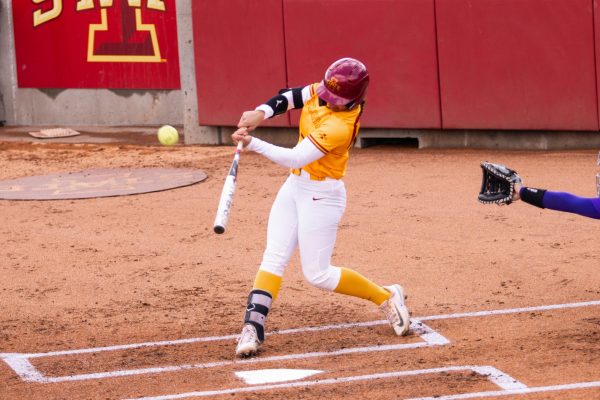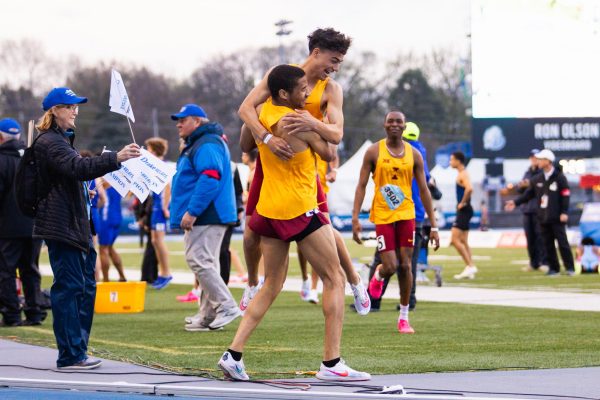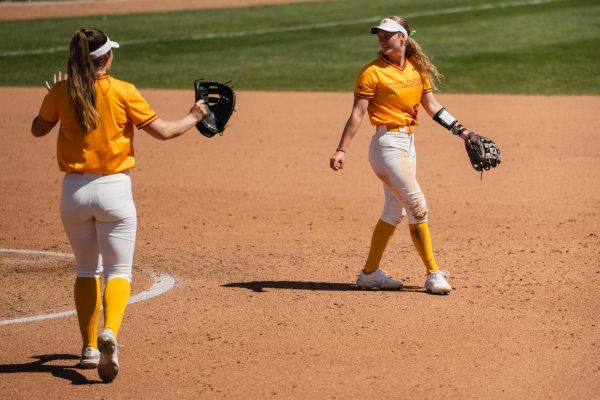No students… no balcony
January 29, 2008
The 2,482-seat student section in Hilton Coliseum for ISU men’s basketball games is sold out.
The problem, Athletics Director Jamie Pollard said, is that the “sold out” section is not full. And if ISU students want to keep their student section as they know it, they’d better start filling it up.
“Our concern is we need people in the building, because that hurts recruiting, that’s a big blow to the men’s basketball program – when the student section’s half empty,” Pollard said. “I don’t know [why so many seats are empty], but if they’re not going to use them … we’re going to have to go back and look at that.”
What Pollard will be looking at during the rest of this season, as well as during the offseason, is whether the athletic department, for the second year in a row, will cut down student seating.
After the 2006-07 season saw 3,227 tickets of the 3,700-seat allotment sold, Pollard decided to lower the student ticket allotment for this season to 2,482 seats, which sold out before the season began. What struck Pollard as odd was that during a Saturday-afternoon Big 12 game against Oklahoma State on Jan. 19, the east-side balcony – a 980-seat section reserved for students – was largely empty.
Pollard guessed there were about 1,500 students in attendance for the game.
“Do I expect it to be full Tuesday for Colorado? No, because students have tests and class, and I understand that, but all 1,000 people? Where are they?,” Pollard said. “One out of every three ticket holders didn’t come on a Saturday afternoon, so when are they going to come? … The numbers we’re talking about indicate there’s another reason.”
Now, Pollard is considering giving out the balcony student seating section to adult fans.
Cyclone Alley co-chairman of external relations Alex Hofstad, senior in marketing, offered his own reasons for why he believes the section wasn’t full. Hofstad talked about the semi-early 12:45 p.m. start to the Oklahoma State game, as well as the cold weather, saying he thought a night game would have brought a sold-out crowd.
He also said he thought the reduction in student tickets this season affected the number of dedicated people that would show up for games.
“I think there’s a lot of people that normally would come to games but probably missed out on it because they didn’t get their tickets in time. I think a lot of people didn’t realize how quickly tickets are sold out,” Hofstad said.
What opened Pollard’s eyes even more was that after 352 students never picked up their tickets from the ticket office in 2006-07, 182 never picked them up this season.
“I think the problem still stems from a lot of tickets are sold through orientation things,” Hofstad said. “A lot of parents buy their kids tickets, and the kids just never use them.”
Regardless of the reasoning, both Pollard and coach Greg McDermott said that although the lower levels of the student section – the seats reserved for Cyclone Alley – are generally full and loud, having a balcony section look half-empty sends a bad message.
“It isn’t a money issue to us; it’s about people in the stands … My first preference would be that there’s students in there, but if it’s not going to be students, I want someone else in there, because that just looks pathetic, especially for a Big 12 game,” Pollard said.
McDermott emphasized the importance of having a good image for prospective athletes that come in to watch games.
“It’s unfortunate that we have empty seats in the upper deck, because that impacts recruiting. We need the seats full no matter what,” McDermott said. “It’s obviously important, especially given the people we’re recruiting against and the type of athletes we’re trying to attract.”
With a looming threat of losing even more seats, Hofstad urges students to come to games.
“I think students need to be aware that this is a very real situation. People don’t come to games – kiss those seats goodbye. I understand from the athletic side why they would give away those seats. If you can sell out the stadium you have to do that,” Hofstad said. “But at the same time, students had them first … If you want to be able to go to games, then you have to show up.”

